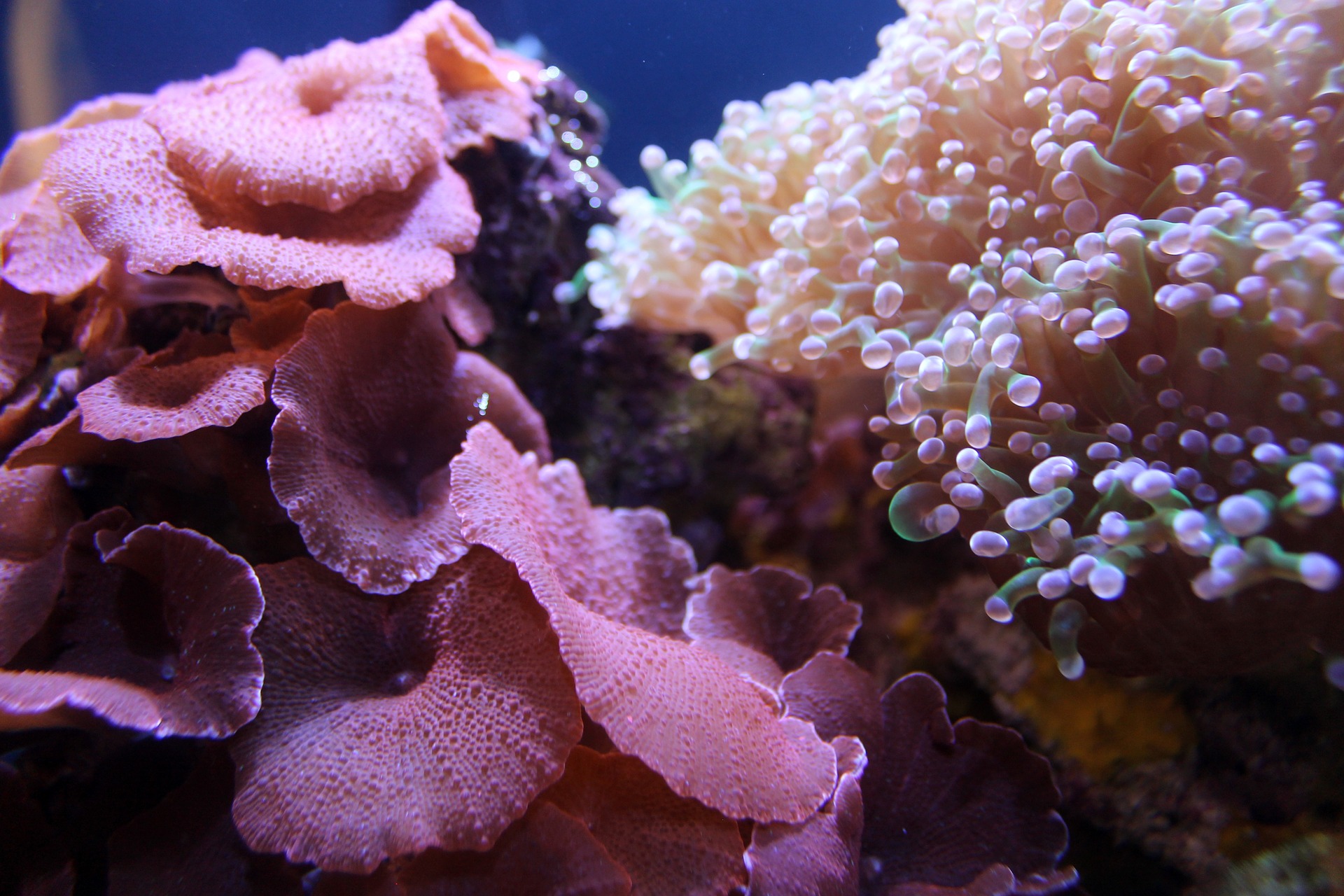News release
From:
Bleaching leaves long-lasting effects on coral physiology
Physiological changes can be detected in corals four years after a bleaching event, even if the corals appear to have visibly recovered, suggests a study in Nature Ecology & Evolution. The findings may have implications for the conservation and management of coral reefs.
Coral bleaching has a considerable impact on the health and function of reef ecosystems. When corals are overheated, algal symbionts are lost, leaving only white coral tissue. Although the symbionts can recolonize and corals can visibly recover from bleaching, the longer-term impacts on coral health are not well understood.
Ford Drury, Robert Quinn and colleagues sampled Montipora capitata corals during a severe bleaching event in Kāneʻohe Bay, Hawaiʻi, in 2015. They recorded which corals had and had not bleached. Four years later they measured the same corals’ metabolome (small molecules produced by the organism during various physiological processes). The authors found that corals that had visibly recovered from bleaching showed lasting increases in saturated fatty acids and immune-response molecules. They validated these results in a laboratory study exposing corals with different bleaching histories to experimental temperature stress.
The authors suggest that screening the metabolomes of corals may present a cost-effective and quick method to identify heat-resilient corals that can be used to regenerate damaged reefs.



 International
International


